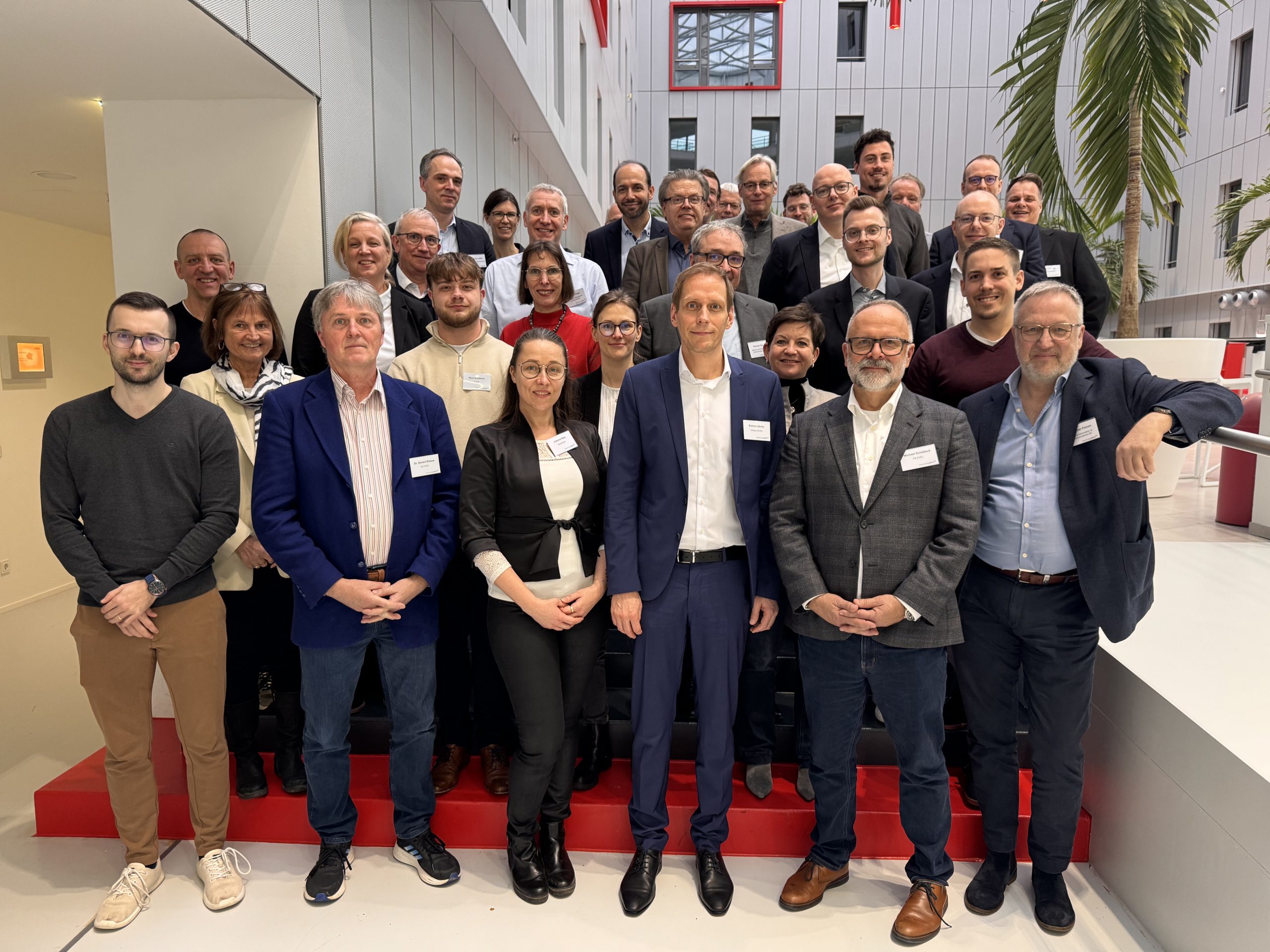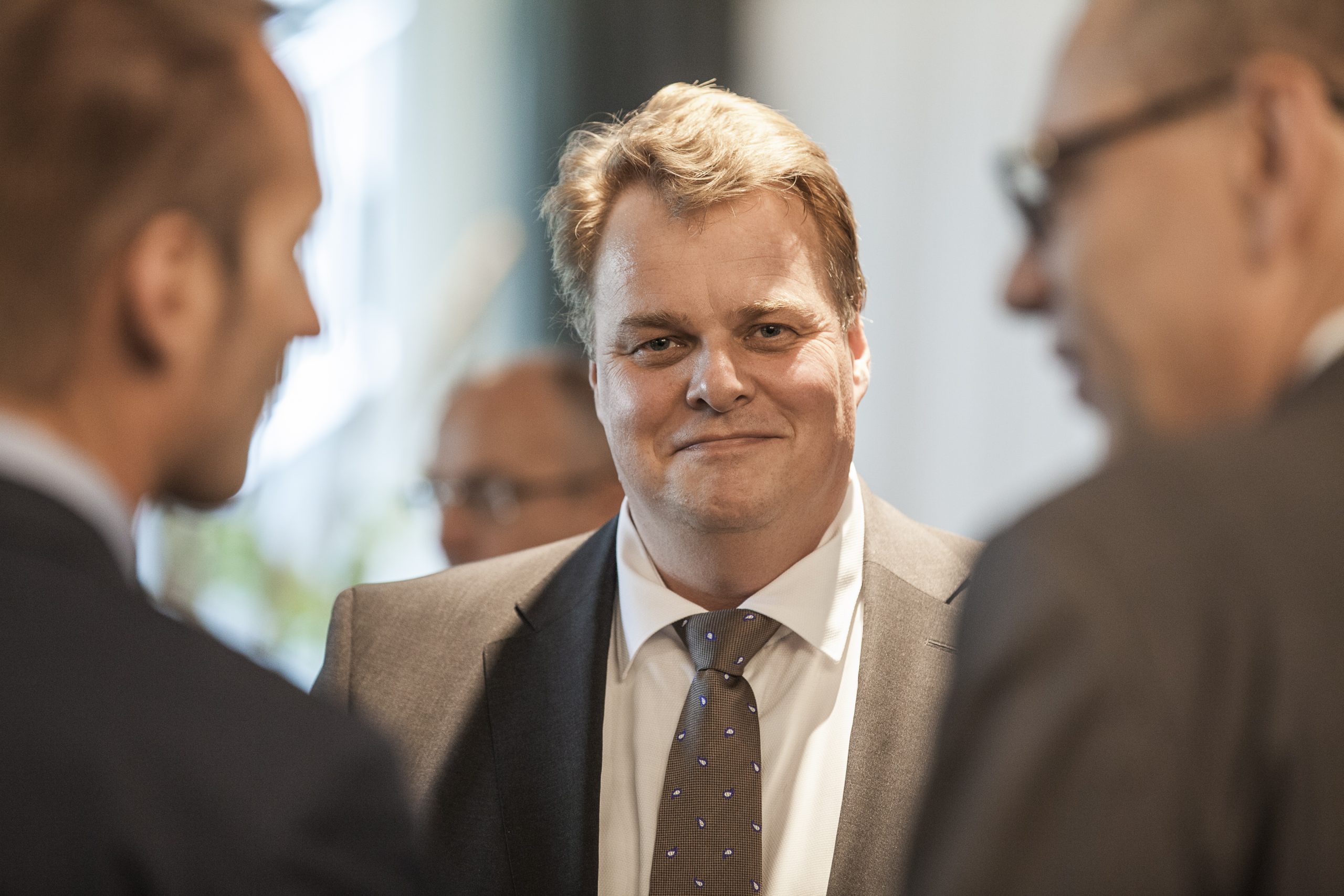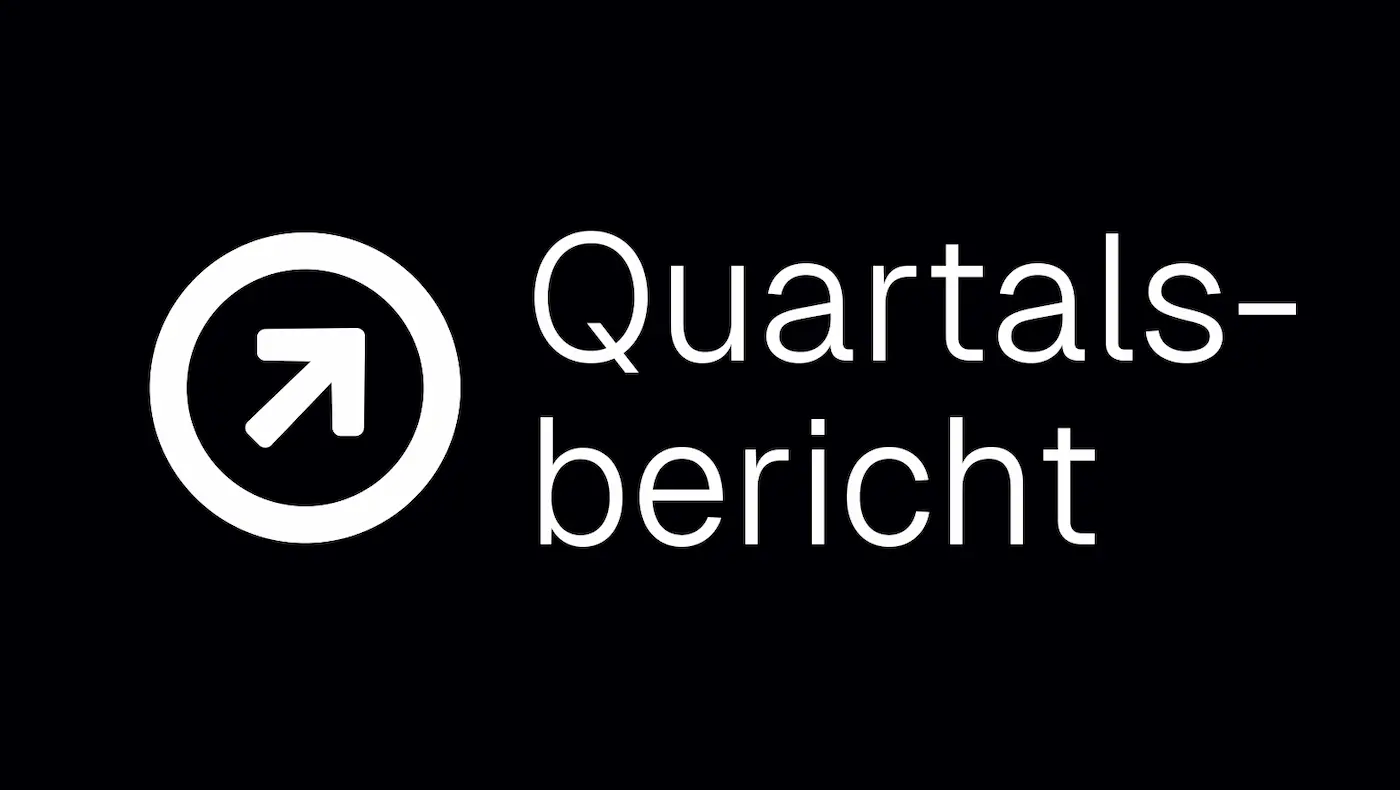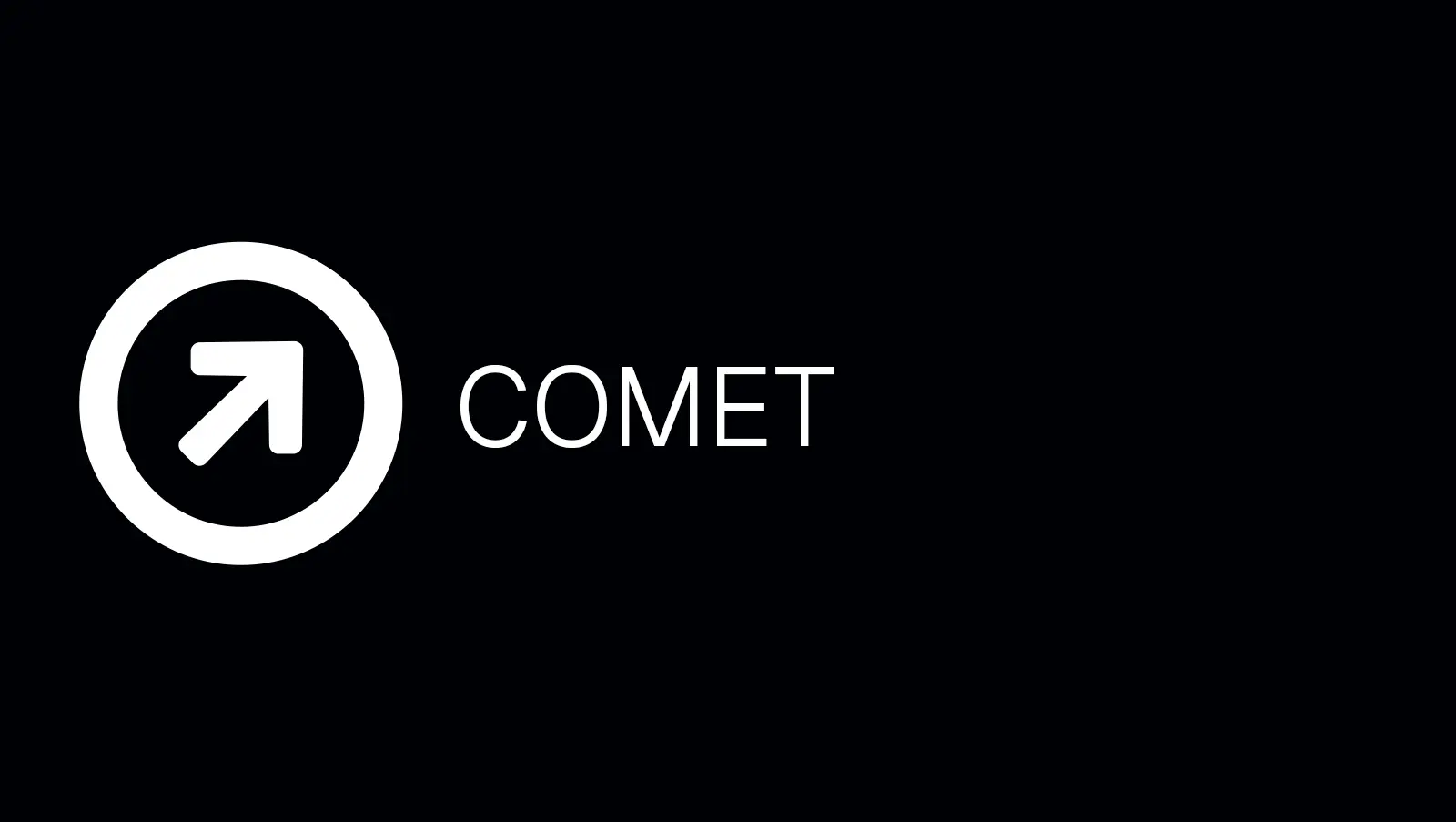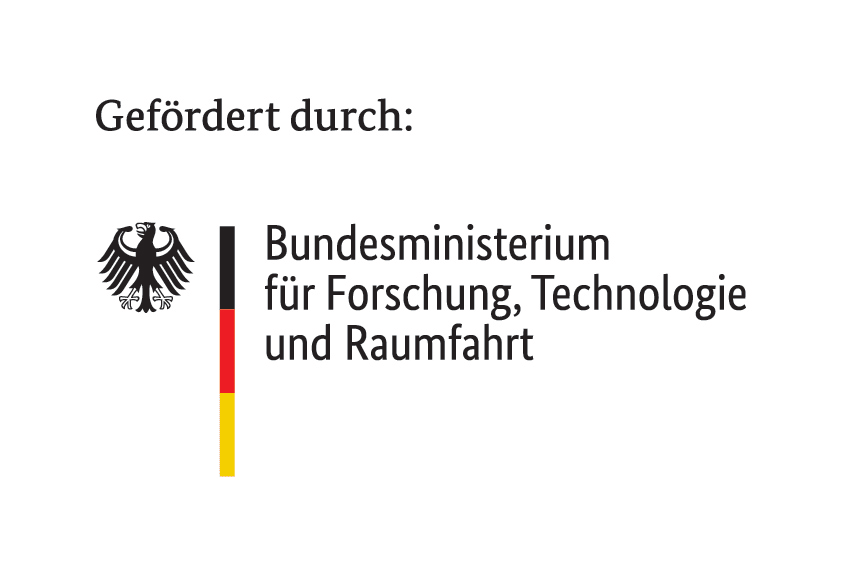Data rooms for smart healthcare at home: SmartLivingNEXT presented itself at the Gaia-X Hub Germany Roadshow in Friedrichshafen.
22. October 2025
5 minutes
The main topic of the roadshow on October 16, 2025 in Friedrichshafen was the opportunities and challenges of data rooms for medical and nursing care at home. Bruno Ristok, consortium partner of SmartLivingNEXT and Managing Director of C&S Computer und Software GmbH as well as sponsor of the healthcare domain of Gaia-X HUB Germany, presented the SmartLivingNEXT Dataspace.
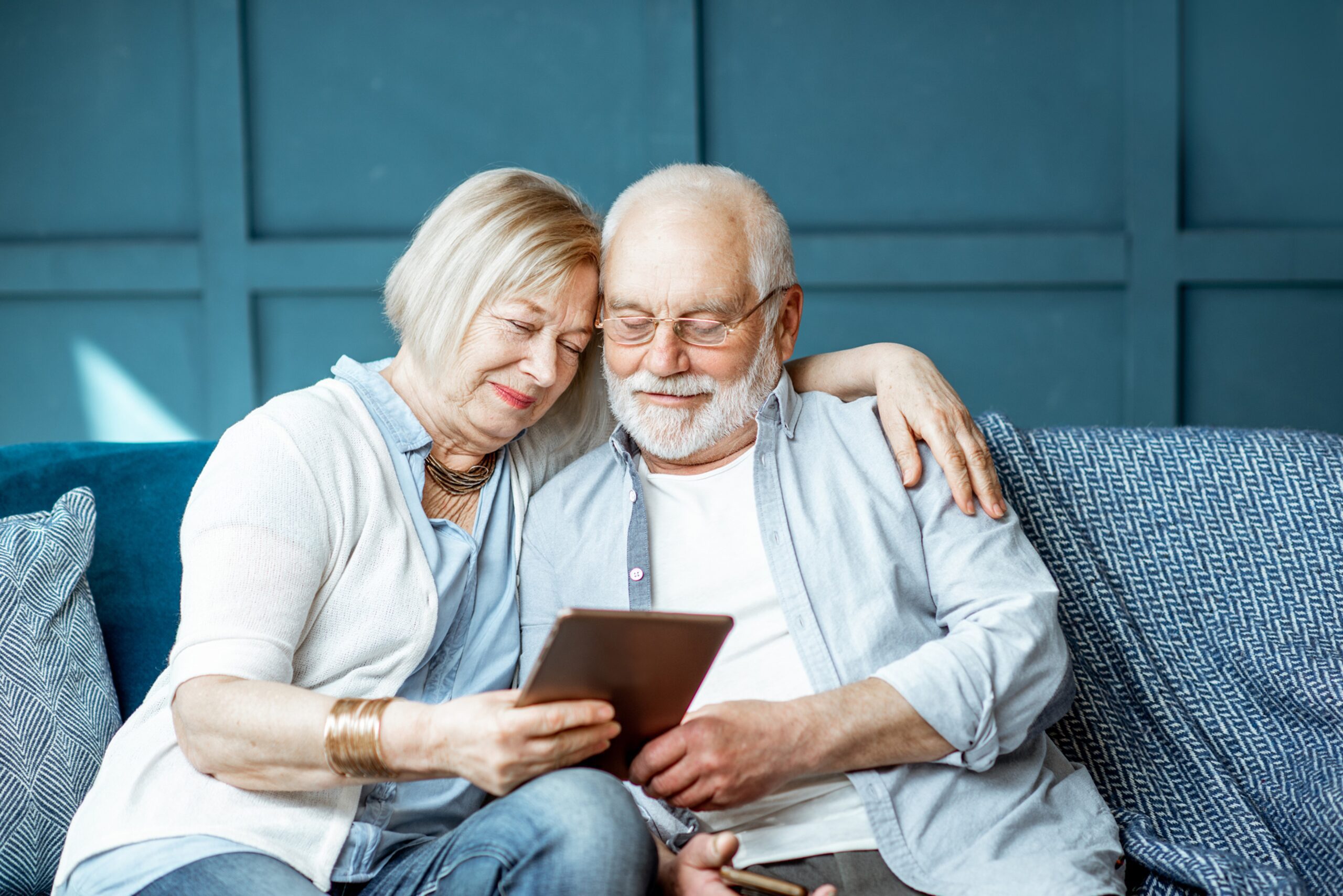
Under the motto “Future-oriented living: Data spaces for health and medical care at home”, the nationwide Gaia-X Roadshow made a stop at Lake Constance. Around 40 participants from business, science and administration learned about the opportunities of sovereign data spaces for healthcare, particularly in the home environment.
Bruno Ristok gave an impressive presentation entitled “Smart healthcare in the home – a practical report for SMEs”, showing how small and medium-sized enterprises (SMEs) can use Gaia-X technologies to develop innovative healthcare solutions and open up new business areas at the same time. His presentation focused on the use case “Living space(s) and health location home” from the SmartLivingNEXT research project funded by the Federal Ministry for Economic Affairs and Energy (BMWE) with 25 million euros. Ristok explained how the domains of smart living and healthcare are being networked in order to promote health and independence in people’s own homes. “Our aim is to enable people to live in their familiar surroundings for as long as possible – supported by networked, secure and interoperable data rooms.” He explained how “care” and “cure” can be realized in conjunction with Ambient Assisted Living solutions in the home to support the independence of people in need of care and relieve the burden on the healthcare system. “By combining intelligent sensors, digital assistance systems and barrier-free smart home solutions, a smart household not only offers convenience, but also creates real added value for the well-being and safety of residents,” commented Ristok on the integration of smart technologies for age-appropriate and assisted living. Intelligent alarm and emergency call systems and their connection to care services and hospitals are conceivable here, helping to improve quality of life even in old age.
Active Assisted Living (AAL) applications are developed in the “Living space(s) and healthcare location home” use case using data that is securely stored and easily available in the SmartLivingNEXT Dataspace. For example, smart electricity meters are sufficient to be able to carry out so-called life monitoring in an outpatient setting based on electricity fluctuations. This significantly reduces the technological complexity of digital AAL applications. One challenge in this area, however, is the heterogeneity of the technologies and sensory systems used. Although they are generally user-centric – i.e. geared towards residents – they cannot guarantee interoperability in most cases. Self-learning systems that not only provide data via a shared data room, but also evaluate this diverse data, are not yet provided as standard.
This is where the overall concept of SmartLivingNEXT comes in: the development of a shared, superior, secure dataspace, the SmartLivingNEXT Dataspace. “The data collected in the “Living space(s) and health location home” use case is labeled in SmartLivingNEXT according to the SENSE WoT standard and flows into our data ecosystem via the universal access point, the SmartLivingNEXT Dataspace,” explained Ristok. “It is crucial that the data remain in the respective original systems, under the strict control of the data owners.” In this way, securely stored and shared personal data can be developed together with housing and residential building data for the specific care and training of AI-based, intelligent AAL applications. By combining intelligent sensors, labeled data and the SmartLivingNEXT Dataspace, the familiar living environment can become a digitally networked healthcare location that focuses on the individual’s health-specific needs. AAL applications such as the “intelligent assistance” use case can play an important role for the German healthcare and social system, in order to improve care for older people and others in need. The easier it is to integrate AAL technology into a universal smart living data ecosystem and further develop it with relevant smart living data, the better.
In addition to specialist presentations, the event offered space for intensive discussions and networking. In the concluding panel discussion, it became clear that data rooms are a key to making medical and nursing care at home safer, more efficient and more people-centered. The Gaia-X Roadshow Friedrichshafen is part of a nationwide series of events organized by the Gaia-X Hub Germany, which raises awareness and empowers small and medium-sized enterprises in particular for the use of open, European data ecosystems. The Gaia-X initiative is a European cloud infrastructure initiative that aims to create a secure, trustworthy and sovereign data ecosystem for companies and organizations.
Listen to the article (in German):
Editorial office:
Ilka
Klein
Category:
Flagship project
Copyright information
iStock, RossHelen
